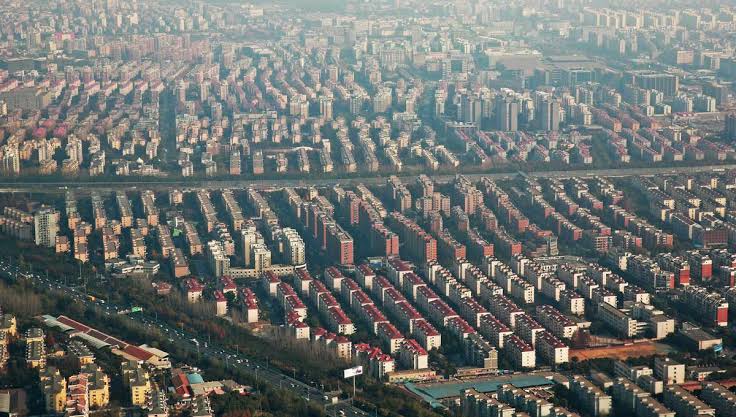The Executive Director of UN-Habitat, Maimunah Mohd, has said housing policy has failed on a global scale, saying it’s time to address the core of the issue.
The position of Mohd may not be unconnected with challenges renters and homeowners in London and many parts of England are facing over the scarce supply of properties which has pushed prices up over the past few decades with more than 11 million people in the UK spending more than 40 per cent of their income on housing, the highest proportion in Europe.
SEE ALSO: Housing Deficit: Nigerian rental market needs to be restructured — Expert
According to him, the crisis is far from just a UK issue, with housing policy globally having been a collective failure over the past decades.
‘‘In 1948, the Universal Declaration of Human Rights acknowledged the right to an adequate standard of living. In 1976, at the Habitat I Conference in Vancouver, state leaders provided the first clear definition of “adequate shelter” and outlined 64 recommendations on how to achieve it.
Yet, 75 years later, the global housing challenge persists. Approximately 2.8 billion people worldwide face housing inadequacies, from homelessness to substandard and unaffordable homes. Only Australia and New Zealand have achieved the Sustainable Development Goal 11 indicators on universal access to adequate, safe, and affordable housing.
Across Europe, young people are affected the most. According to FEANTSA (the European Federation of National Organisations Working with the Homeless), in some European capitals, like Amsterdam, Helsinki, and Lisbon, the average rent for a one-bedroom apartment is higher than the median income of a young person.
But solving the issue requires a universal shift in perspective – housing must not be seen solely as a commodity.
SEE ALSO: Kenyan Engineer Builds Low-Cost Housing Out Of Incredible Recycled Material: ‘What A Legend’
Investing in adequate and affordable housing is a potent tool for economic recovery, offering job opportunities, creating economic value, and filling the housing gap. According to Shelter Scotland, every £100 million of public or private finance invested in affordable housing generates £210 million in economic output and sustains 1,270 jobs.
Investment in affordable housing brings health and social benefits. A recent study by Habitat for Humanity International shows that equitable access to adequate housing could reduce preventable deaths of 730,000 people annually,’’.
SOURCE: sunnewsonline
